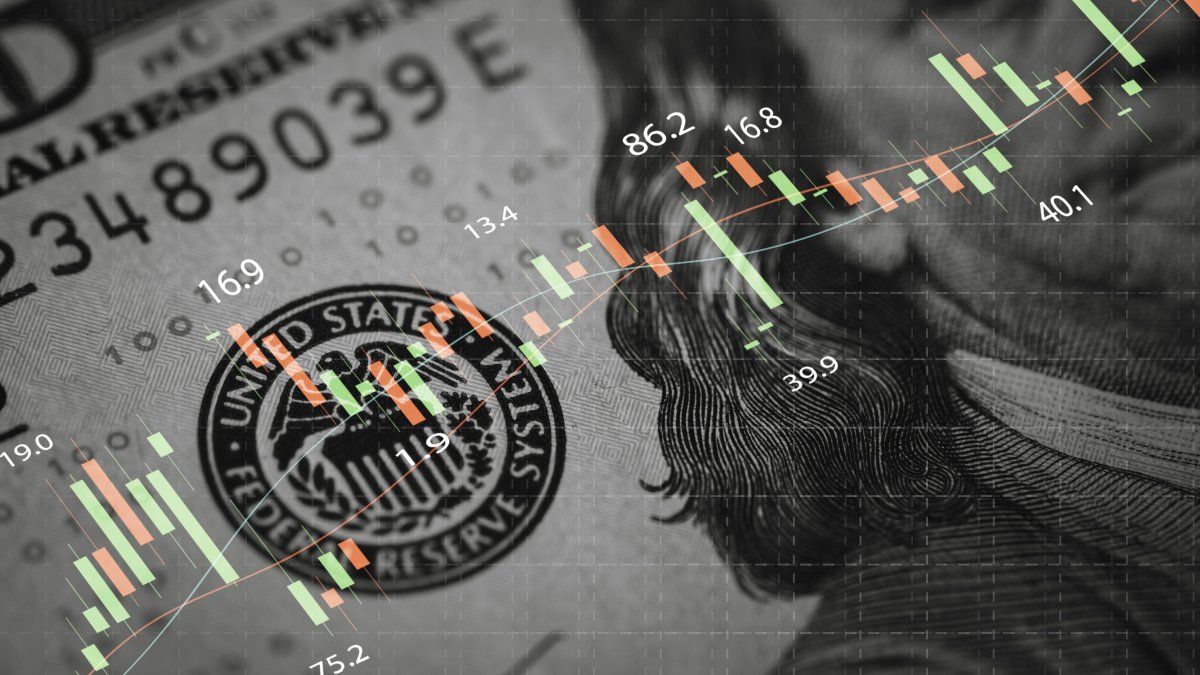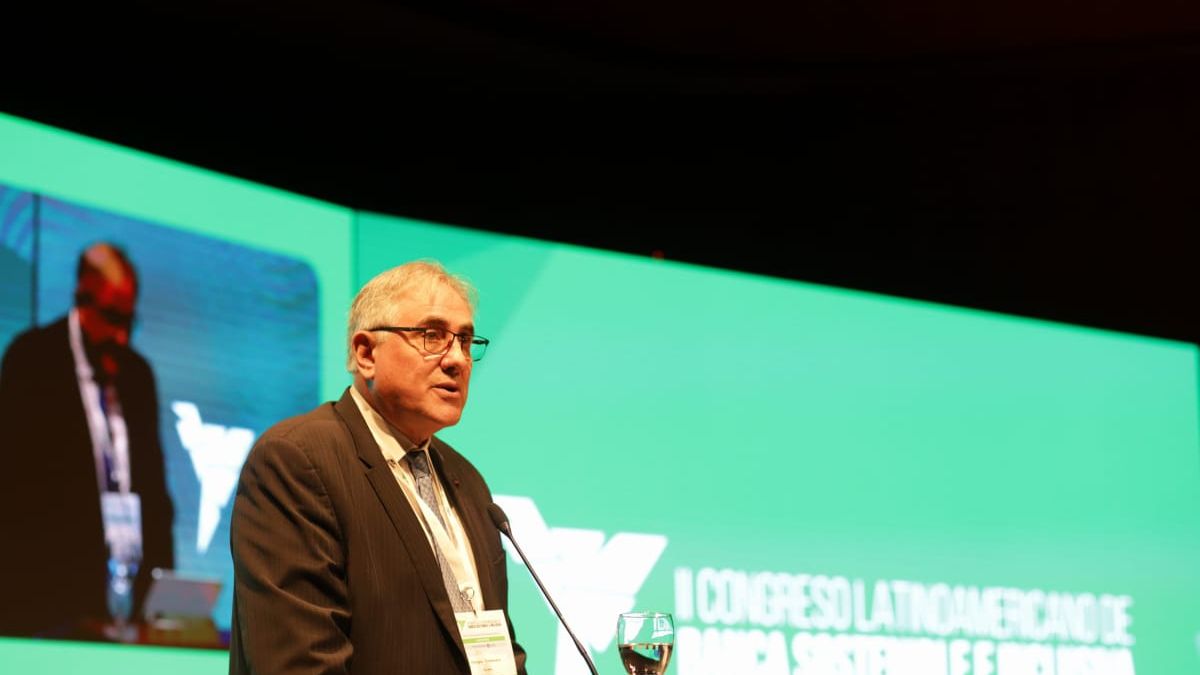Menu
Banks and companies are already discussing the agenda of financial inclusion and sustainability in Buenos Aires
Categories
Most Read
the future of the dollar and the five keys that will modify the economic plan
October 14, 2025
No Comments
Armaments industry: Intensive care medicine near the front: Rheinmetall receives major order
October 14, 2025
No Comments
The IMF projects less growth and more inflation for Argentina
October 14, 2025
No Comments
Trade conflict: China’s export controls are causing problems in Europe
October 14, 2025
No Comments
Climate-friendly transport: Lufthansa boss: E-fuels belong in airplanes instead of cars
October 14, 2025
No Comments
Latest Posts
Google Pixel 10 Pro XL in the test: A smartphone with almost no weaknesses
October 14, 2025
No Comments
The Google Pixel 10 Pro XL is Google’s current smartphone flagship. Google Pixel 10 Pro XL The Pixel 10 series consists of the Pixel 10dem

The health benefits of intermittent fasting: the cause that can help the body
October 14, 2025
No Comments
October 14, 2025 – 12:52 Thanks to the rise of intermittent fasting as a diet method, many people wonder what benefits it can bring to

Buy or sell: what to do with the dollar eight days before the elections
October 14, 2025
No Comments
In recent days, the different market exchange rates fell due to the intervention of the US Treasury. However, with less than two weeks left until
24 Hours Worlds is a comprehensive source of instant world current affairs, offering up-to-the-minute coverage of breaking news and events from around the globe. With a team of experienced journalists and experts on hand 24/7.

